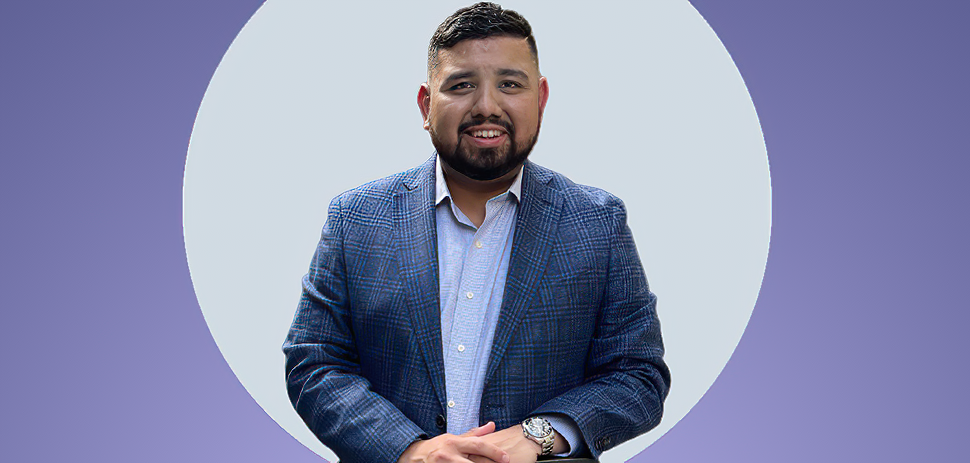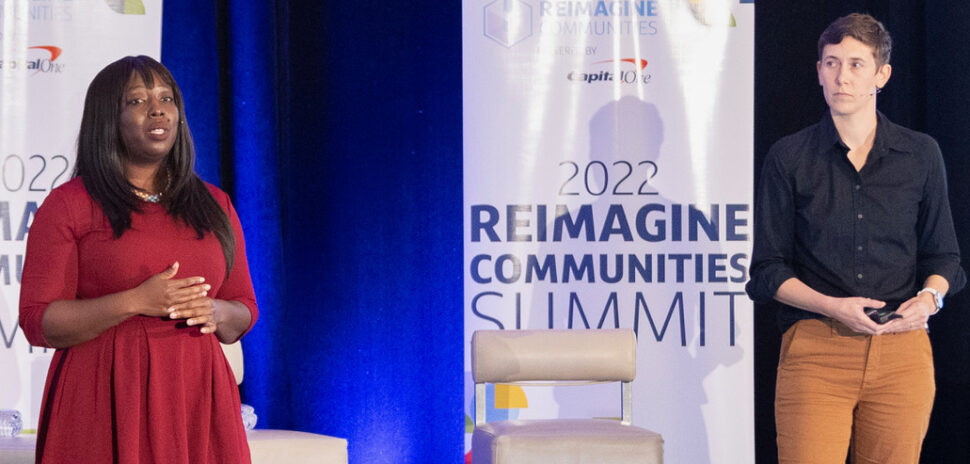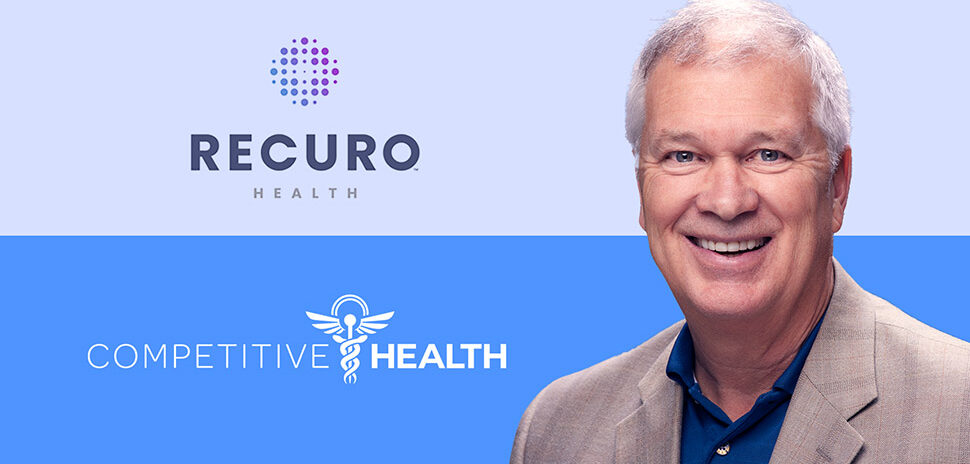Parker Health, a health tech company headquartered in Dallas and Washington, DC, announced a milestone in its mission to “transform healthcare into the next century.” The startup secured $25 million in Series A funding, led by multi-sector angel syndicate Bias Capital, alongside L’PAJ Ventures, CGT Capital Group, and other angels and family offices.
Founded in 2019, Parker Health aims to simplify the complexities of healthcare and “deliver on the unfulfilled promises of digital health innovation.”
The startup said its flagship cloud Health Management System is the first in the U.S. to build on the Fast Healthcare Interoperability Resources standard—or FHIR—to create an interoperable, affordable, and compliant cloud-based platform. Called the Parker Suite, the system is designed to unify patient-centric data, biometrics, diagnostic tools, patient outcomes, care delivery, practitioner engagement, and pharmaceuticals for the healthcare ecosystem.
With the funding, the minority-led startup wants to advance its position as a medical technology and services leader and expand its global teams. Maximillian Naza, principal at Bias Capital, will join Parker Health’s board, further strengthening the company’s leadership team.
In a founder’s statement, CEO Vincent Lopez says the company is building a healthcare ecosystem that includes its own clinics, proprietary Electronic Health Records and Remote Patient Monitoring SaaS, and FDA-cleared biometric wearables.
The company also notes achievements, including the development of electronic-prescribing network FDB Vela. The cloud-native platform facilitates the exchange of critical medication prescription information among prescribers, payers, pharmacies, and other stakeholders.
The startup says it partners with “some of the globe’s most renowned research/development facilities,” tech giants, governmental agencies, and NGOs that share the company’s “long-term goal of innovation, increased access to care, affordability, and enhancing the overall care experience for our patients, staff, and communities at-large.”
Lopez believes “access to healthcare is an inalienable right for all.”
A singular goal to change healthcare
When Lopaz started Parker Health, he says he had one goal: “to change healthcare.”
Despite the widespread adoption of electronic health records (EHR) since the American Recovery and Reinvestment Act (ARRA) was enacted in 2009, the cost of these systems remains high, according to the CEO.
Lopez built his team with that in mind. During the recruiting process, he posed a crucial challenge to the startup’s Chief Technology Officer, Chris Parker. Before onboarding, the founder challenged Parker to ask his primary care physician and others about their satisfaction with current EHR systems.
Lopez said he anticipated the response Parker would receive but wanted him to experience it firsthand. Parker heard what sounded like a chorus of nurses and others using phrases like I hate it and very outdated when describing their systems.
More research uncovered a “digital divide” with small practices using paper or “homebrewed solutions,” Lopez noted in a news release in February. And even large systems may find implementation too expensive to implement in smaller subsidiary facilities.
Lopez says Parker Health built its product to “be affordable for small practices, rural hospitals, and urban hospital systems” alike.
“Just like any disruptive startup, we knew we could create an advanced, interoperable, compliant EHR that works, is easy to train and use, and is cloud-based,” Lopez said at the time. “We built a solution that could monitor all aspects of the health system and circumvent the process and needs for third-party middlemen.”
The company, which now has about 25 employees, recently named its first chief medical officer, Dr. Philip McDonald.
Interoperablity is a watchword
Parker Health is a member of The Sequoia Project.
The public-private collaborative has a “sole mission” to advance secure, trusted, interoperable health data sharing across the U.S. The stakeholder-driven organization was started in 2012 to support multiple, independently-governed initiatives, such as the eHealth Exchange, the largest data-sharing network of its kind in the US, and Carequality—both now independent nonprofits that facilitate consensus on a standardized, national-level interoperability framework to link all data sharing networks across the ecosystem.
Parker Health said it has participated in the drafting and developing of new policies for US Health IT standards and helped forge major research partnerships with institutions such as NYU, UCF, and OSU. It’s also participated in global events, including the World Health Summit, World Economic Forum, and Forbes Healthcare Summit, and helped to develop the nation’s first fully integrated SMART hospital in West Texas.
An open letter to the VA
Last year, the startup made waves by challenging a massive $16 billion VA EHR Modernization contract by submitting whitepapers and oral and written testimonies before the Committee on Veterans Affairs of the US Congress last year.
This February, in an open letter to the VA, Lopez wrote that the company’s Parker Suite “takes minutes to onboard, minutes to learn, and works on form factors practitioners like to carry in their pockets, not a laptop strapped to a cart we all have seen wheeled into our visits.”
At the time, the company submitted a whitepaper to the VA on technology modernization, its second on the topic.
![]()
Get on the list.
Dallas Innovates, every day.
Sign up to keep your eye on what’s new and next in Dallas-Fort Worth, every day.






























